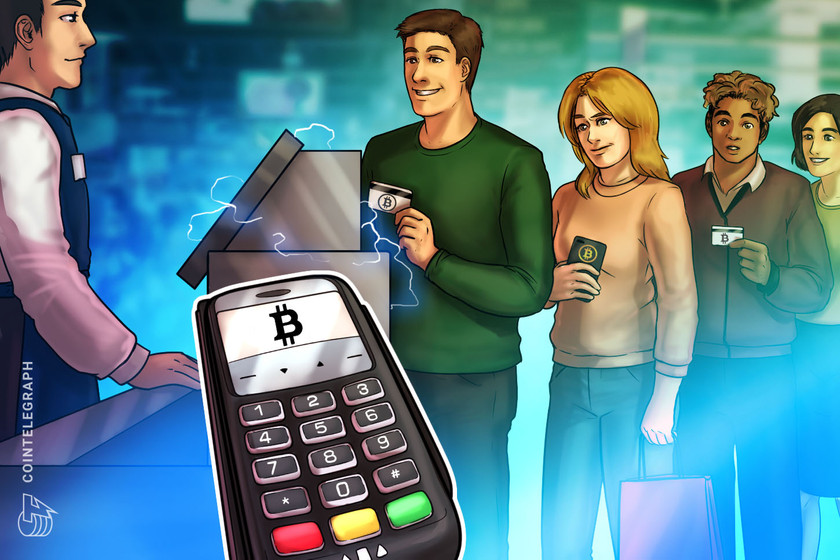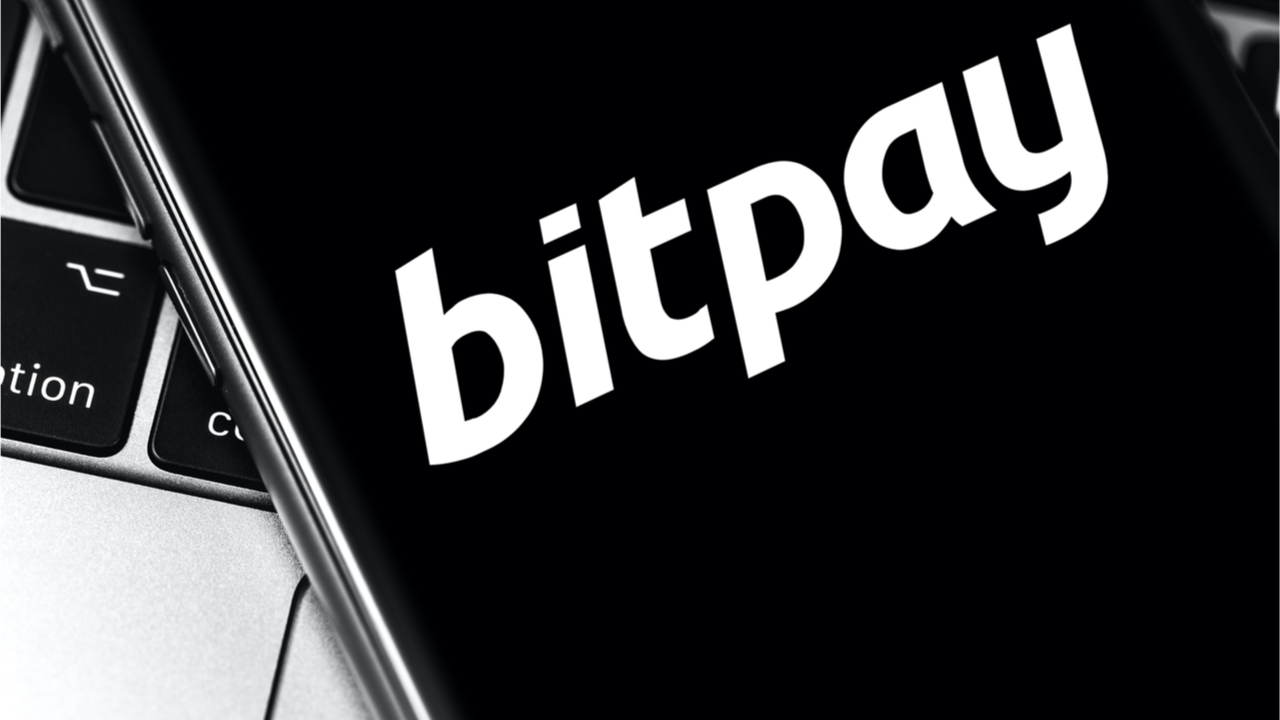
“Taken together, these various new payment options, impressively, recently represented about 35% of our total online payments,” said AMC Theatres CEO Adam Aron.
AMC Theatres CEO Adam Aron stated that crypto along with several other digital payment methods recently accounted for 35% of its online payments.
The popular cinema chain has gradually been working on various crypto adoption plays after first rolling out online payment support for Bitcoin (BTC), Ether (ETH), Bitcoin Cash (BCH), and Litecoin (LTC) in November.
Last month it also added support for Dogecoin (DOGE) and Shiba Inu (SHIB) payments via the AMC Theatres mobile app.
Speaking as part of the firm’s 2022 Q1 earnings call on May 9, Aron emphasized that the firm’s plunge into crypto has not only been met with much “fanfare” but also opened up several payment rails that it had previously explored:
“The same IT programming that was required for us to accept cryptocurrency also enabled us to accept other payment types including Apple Pay, Google Pay, Paypal, Bitpay, and Venmo among others. Taken together, these various new payment options, impressively, recently represented about 35% of our total online payments.”
Speaking on AMC’s NFT initiatives, Aron also stated that the company has eight different programs that have either been launched or are in the works this year, and noted that the tech has already helped AMC “stimulate the sale of movie tickets.”
One such NFT promotion was tied to the opening day release of Sony Pictures’ Spider-Man: No Way Home in November, which included roughly 86,000 Spider-Man NFTs for members of its “AMC Stubs Premiere & A-List” and “AMC Investor Connect” subscriptions.
Related: Japanese e-commerce site adopts BTC and XRP payments for used cars
With the impact of the global pandemic starting to wane in 2022, and lockdowns out of sight, AMC posted a strong year-over-year improvement in its Q1 report, with total revenue growing 429.8% to $785.7 million compared to the $148.3 million of Q1 2021.
Net loss also decreased roughly 40% compared to Q1 2021, dropping from $567.2 million to $337.4 million in Q1 2022.
AMC announced 1st quarter 2022 earnings today. Revenues up 5-fold vs. Q1 of 2021. EBITDA loss reduced by 80%. Revenues per patron up 34% over 2019 pre-pandemic. Dr Strange opening was the biggest of 2022, and the 2nd biggest in the last two years! Go see it! Congrats @Disney.
— Adam Aron (@CEOAdam) May 10, 2022













